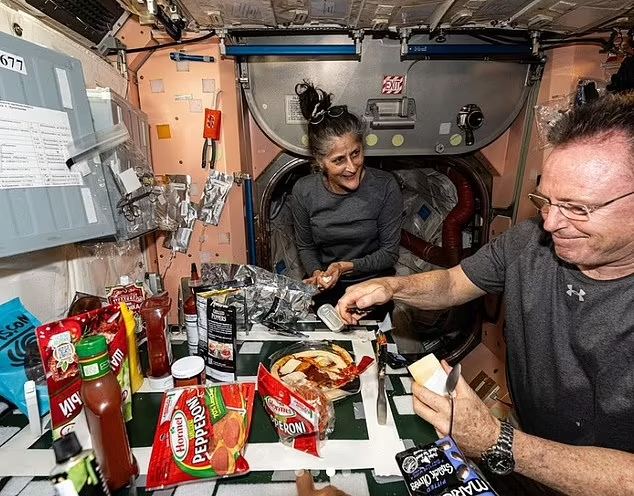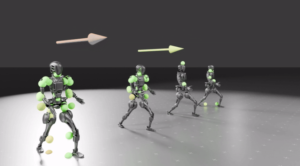
NASA astronaut Sunita Williams, originally slated for an eight-day mission on the International Space Station (ISS), has faced significant health challenges after her stay extended to six months due to technical issues with Boeing’s Starliner spacecraft. Alongside astronaut Barry “Butch” Wilmore, Williams has experienced the physical toll of the unexpected mission extension, raising concerns among health experts.
Recent images of Williams show signs of weight loss and possible nutritional deficiencies, as her cheeks appear sunken—a typical sign of calorie deficit in astronauts on long missions. Dr. Vinay Gupta, a Seattle-based pulmonologist, commented that Williams’s condition might indicate an insufficient calorie intake to meet the higher energy demands in space. Microgravity alters the body’s metabolism, making it challenging to maintain body mass, even with the rigorous exercise regimen that astronauts follow to counteract muscle and bone loss.
The unique stressors of extended space travel are well-documented. In addition to muscle atrophy and bone density loss, astronauts in microgravity face fluid shifts, altered cardiovascular function, and increased metabolic demands. Women, in particular, are at higher risk for blood plasma loss and accelerated muscle atrophy, according to studies by NASA and Ball University.
NASA continues to monitor Williams and Wilmore closely, prioritizing their health and well-being until their anticipated return to Earth in early February via SpaceX’s Dragon capsule. The extended mission has highlighted the ongoing challenges astronauts face on prolonged spaceflights, underscoring NASA’s commitment to comprehensive health support for their crew members.






Be First to Comment